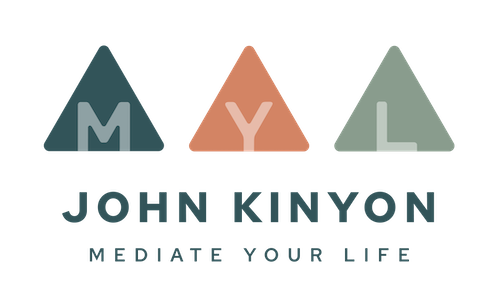Empathic Understanding in War — A Revolutionary Act For Peace

The violence and suffering happening in Israel-Palestine is excruciating to witness. I can only imagine how truly horrific and unbearable of an experience it is for those living there. So much is being written and spoken about what’s happening. What can I possibly add to the conversation that could be helpful?
There is talk about the history of the region, religion, and the beliefs and actions of defense and attack of one side versus the other. There’s talk about what is and isn’t justified. As well as who is more oppressed and traumatized, more in need of safety and security. There’s talk about the killing, torment, and hurting of children, women, older people, citizens, on both sides.
The heart feels as if it will shatter with the deepest anguish, or shut down with numbness from the overwhelm and shock.
But what isn’t being talked about so much? We humans are brutally killing, tormenting, and hurting ourselves. Our brains, nervous systems, and hearts are made to empathize and care for each other, to feel that we are all human family. How did we get so far from this loving, compassionate connection?
There is a way to structure empathic conversation so we can talk about even the most difficult topics in a way that leads to connection, healing, and collaboration.
In the work of Nonviolent Communication (NVC) we talk about a certain way of thinking and how language can have the power to cut us off from empathy, care, and natural giving. But what I’m thinking about right now are the systems we live within that shape our experience. Particularly I am thinking about the system that essentially all other societal systems are built upon – the economic system. At the center of the economic system are energy sources that have powered the growth of our world population to 8 billion and a mass production, consumer-industrial civilization, where a small minority holds control over the vast majority of the wealth and power, and ecological and social wellbeing is becoming less stable.
Is there a connection between the kind of violence we are enabled to do to each other and the invisible matrix of the economic system that runs our lives?
Holding the “third side” of empathic understanding for both sides and connecting with shared human needs is a radical, revolutionary act. An act I am here to support. Are you in?

I AM IN. I am going to be teaching a module on NVC and conflict resolution, disguised as “how to deeply understand humans” in my Consumer Behavior course this semester. It’s going to be a pilot of the type of message I want to share with the world. Thank you deeply for your work in this area and for inspiring others to do the same.
Thank you John Kinyon
I plan to attend your Zoom session today.
I agree that economics is a factor and that we can broaden our perspective to factor in its role. I also believe that the solution lies in the heart and not in the head. Our feelings play a very important role when we decide to go to war. Fear is wired in to us. Our response to what we perceive as “injustice” is felt in the heart and the belly. How to connect economics with our bodily experience: how do we do that?
I AM IN!
I’m an NVC-coach here in San Diego, trained by Marshall since 1991. Please call upon me as needed as an additional resource!